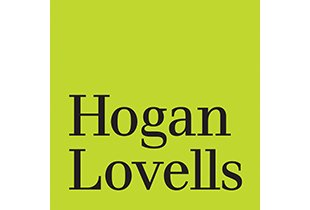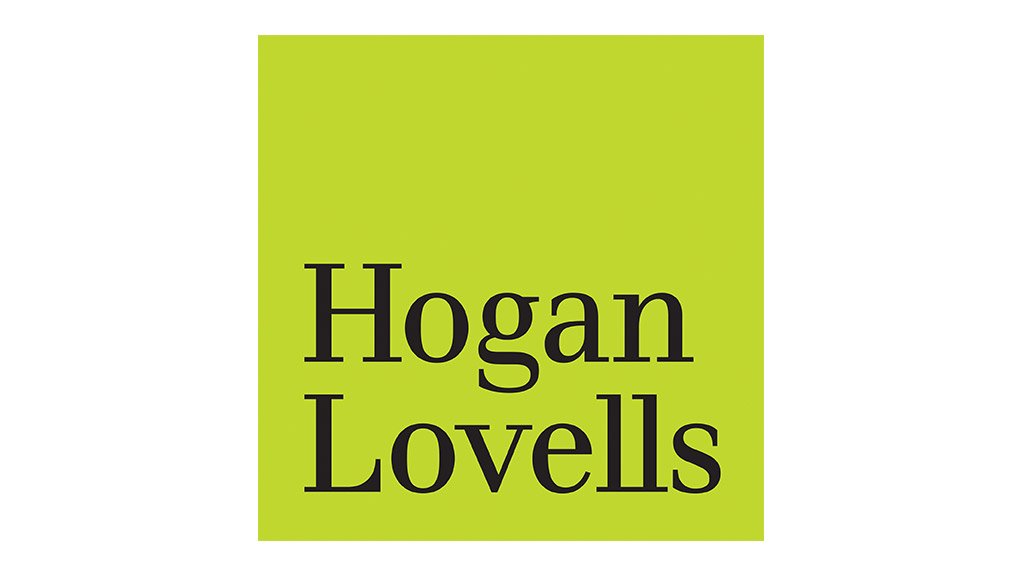Prior to the establishment of the Consumer Protection Act 68 of 2008 (the Act) there was an unfavourable balance of power in respect of sale transactions in favour of the supplier. The implementation of the Act has gone a long way to redistribute the power equally among consumers and suppliers.
Since the implementation of the Act consumers who enter into transactions for the purchase of new goods are afforded protection from the Act should the goods purchased turn out to be defective. However, the question is whether consumers enjoy the same protection from the Act when they purchase second-hand or used goods that turn out to be defective.
For example, is a consumer who purchases a defective second-hand vehicle protected by the Act, or is he bound by the defect since the seller was not obliged to guarantee the quality of the goods since the goods purchased were second-hand or used goods.
Law
The Act provides protection to consumers. For this reason, it deserves mention that a consumer is a person to whom goods are sold in the ordinary course of the supplier’s business. If a person is a consumer in terms of the Act, such person will be protected by section 55 and 56 of the Act.
Section 55(2) of the Act states that a consumer is entitled to goods that are:
- Reasonably suitable for the purpose for which they have been sold;
- In good working, order and condition; and
- Useable and durable for a reasonable period of time having regard to the normal use to which the goods sold will be put.
Section 56(1) of the Act states that the provisions in section 55(2) are implied in every transaction concerning the supply of goods to a consumer.
Section 56(2) of the Act states that if a consumer purchases goods that do not comply with the requirements set out in section 55 a consumer may within six months of the purchase return the goods to the seller at the seller’s risk and expense and the seller must at the direction of the consumer either:
- Repair or replace the defective goods; or
- Refund the consumer fully for the goods purchased.
- Section 56(3) of the CPA states that if the seller is unable to repair the defect within three months the seller must:
- Replace the goods; or
- Refund the consumer fully.
There are certain consumers who are excluded from the protection afforded by section 55 and 56 of the Act, these being those that purchase goods through an auction.
Application
From the abovementioned law in the Act it is evident that the Act does not distinguish between the purchases of new or second-hand goods. For this reason, a consumer who purchases second-hand or used goods will also enjoy protection from the Act except when:
- The sale of second-hand goods by the supplier to the consumer does not fall within the supplier’s ordinary course of business; and/or
- The consumer purchases the goods through an auction; or
- More than six months have passed since the purchase.
Provided neither of the abovementioned exceptions apply, a consumer who purchases defective second-hand or used goods will be protected by the Act. Such protection will entitle the consumer who purchased the defective second-hand goods to return the goods to the supplier at the supplier’s risks and expense. The supplier is then obliged to repair the goods or alternatively replace them free of charge for the consumer. Should the supplier attempt to repair the goods, but not be able to do so successfully within three months of the goods being returned to the supplier, then the supplier is obliged to replace the goods or refund the consumer fully.
In conclusion, the Act does not only afford protection to consumers who purchase defective new goods, it extends such protection to consumers who purchase defective second-hand or used goods. To exclude second-hand goods from the protection afforded by section 55 and 56 of the Act would undermine the very purpose for which the Act was implemented, namely, to protect vulnerable consumers. Excluding second-hand and used goods from such protection would exclude protection for that part of the population most in need of such protection – the socio-economically vulnerable.
Written By Phillip Cronje, candidate attorney at Hogan Lovells (South Africa), Supervising partner: Candice Pillay






